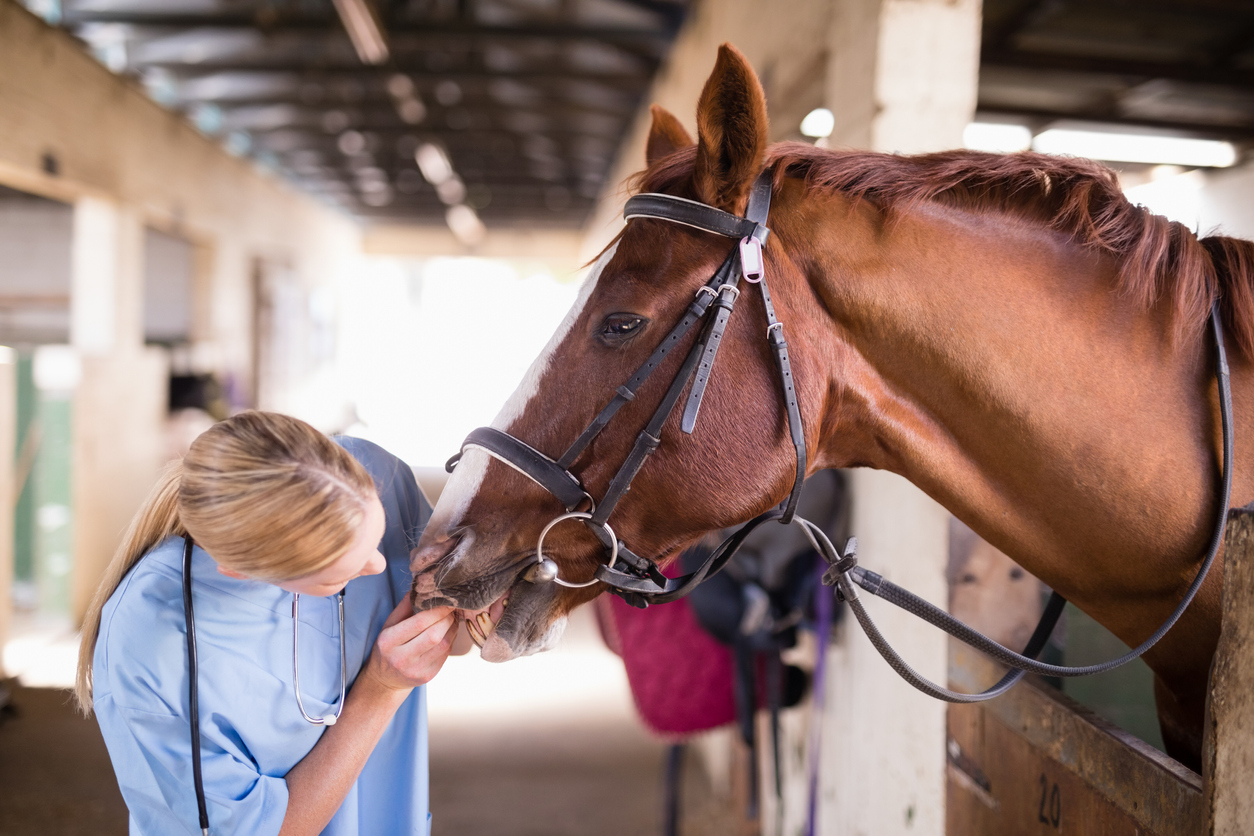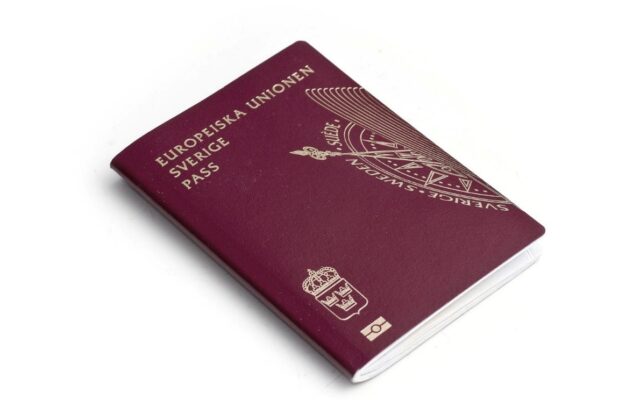Equine Law – Inspection Prior to Purchasing a Horse

As is the case when purchasing most objects, the buyer should inspect the horse prior to purchase to ensure that it corresponds to the buyer’s expectations and is not defective. The purpose of the investigation is to inform the buyer of the condition of the object being purchased. Since horses are not inanimate objects but rather are animals, it is recommended the inspection take place close in time to the purchase. A lot can happen if the purchase takes place long after the inspection.
Does the Law Require Inspection Prior to Purchase?
No, there is no legal requirement for buyers to examine the horse before purchase, whether it is a consumer purchase or a purchase according to the Sales Act. However, if the buyer chooses to examine the horse before the purchase but does not carry out a sufficiently thorough examination or when the buyer, despite the request from the seller, fails to examine the horse, the buyer is later prevented from claiming compensation from the seller for defects that are later discovered. This is provided that the defect could have been detected during the investigation. How much the buyer should examine the horse before the purchase varies depending on, among other things, the horse’s price and the intended use. However, it is said that a horse that has been examined in a clinic (including x-ray) by a licensed veterinarian without any defects noted, the buyer has normally carried out a sufficiently thorough examination.
Requirement to inspect after the purchase?
If the horse purchase is governed by the Sales Act, the buyer also has a duty of inspection after the purchase. This means that the buyer needs to examine the horse promptly after taking possession. The buyer must assert claims based on defects within a reasonable time from the time the buyer discovered or should have discovered the defect. It is not possible to say exactly what is reasonable time, but it varies from case to case, but the period is relatively short. Our recommendation is always to assert claims to the seller immediately about the defect. Claims are time-barred after two years, unless the sales agreement alters this period. Claims are not time-barred, however, if the seller has given a warranty lasting longer or acted unfairly. For consumers, there is no obligation to investigate after purchase, that is, you do not need to examine the horse for any defects after taking possession. However, you need to be aware of any defects that appear after the purchase and if so, assert claims about the defect to the seller as soon as possible. The period for complaints starts to run from what the consumer knew about the defect or should have known about it. Defects that the consumer raises within two months of the consumer’s detection of the defect are considered to have always been raised in a timely manner. The deadline for consumer purchase complaints is three years. After that, as in the case of purchase under the Sales Act, liability is in principle prevented from claiming liability from the seller even if the horse subsequently proves defects, unless the seller has given a warranty lasting longer or acted unfairly.
For more information, contact Advokatbyrå Prima for legal assistance https://primalaw.se/equine-law/?lang=en

